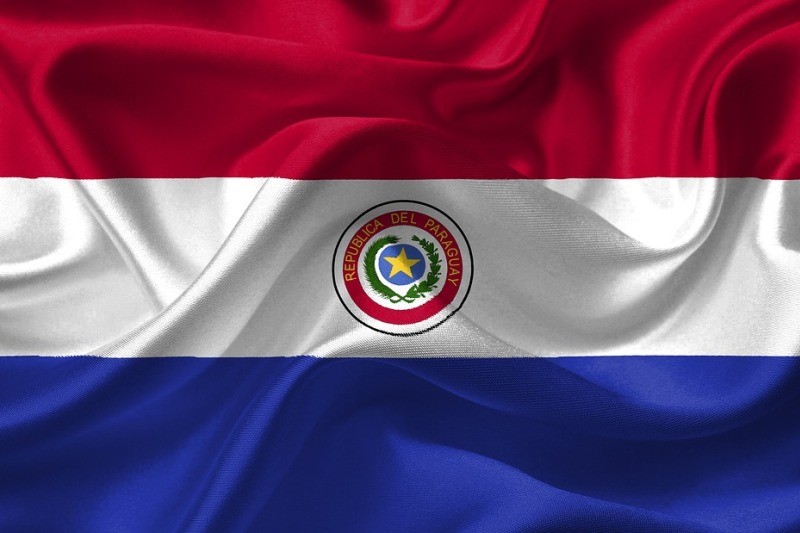
In an attempt to regulate the crypto industry, Paraguay has decided to audit the books of companies doing business in the sector.
Reported by Coindesk on Tuesday, the decision of the survey was announced last week by the Secretary for Preventing Money and Property Laundering (SEPRELAD). Per this mandatory survey, every virtual asset service providers (VASPs) in the country must reveal their books to the government.
“Data obtained will be used to measure the degree of adoption, complexity, and size of the virtual asset market in Paraguay, with the purpose of drafting a regulation that adequately regulates them and mitigates the risk of misuse,” Secretary Minister Christian Villanueva told the publication.
With this audit, the landlocked country is aiming to bring regulations to the wild industry by the first half of next year.
The move was first mentioned in guidance issued by the Financial Action Task Force’s (FATF) in June for the VASPs; however, that only encouraged voluntary submission of data, which was due December 20. Now, the government is getting more strict and making the move mandatory.
Per the new rules, the regulator is planning to make registration mandatory for crypto miners, over-the-counter (OTC) trading desks, exchanges, and other VASPs. This, according to SEPRELAD, will strengthen counter-financing of terrorism (CFT) protocols and anti-money laundering (AML) safeguards.
An unregulated economy
Enforcing crypto regulations is difficult, and the challenges greater when it comes to countries like Paraguay, where half of the economy is based on unregulated sectors.
Because of the risks associated with digital currencies, the financial institutions in the country are also resistant to crypto companies.
“We here in Paraguay, we auto-regulate ourselves. And we institute the same level of compliance that the banks have with their customers in regards to KYC and AML, even though the banks don’t want to work with us,” Jorge Ramírez, founder and CEO of the OTC service Cripex, told the crypto-focused news outlet.
(Photo: pixabay)

